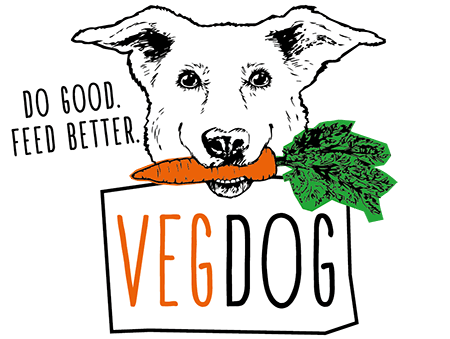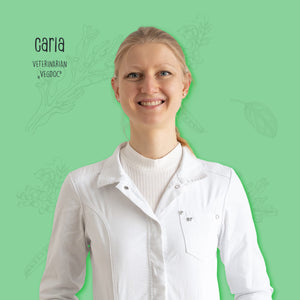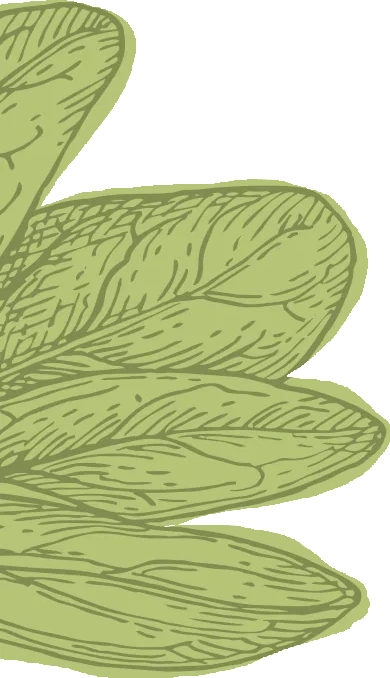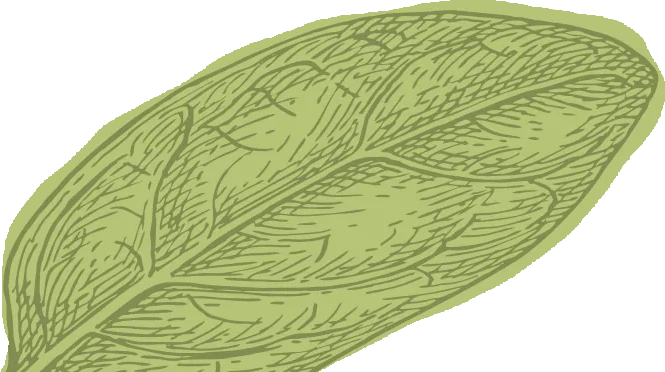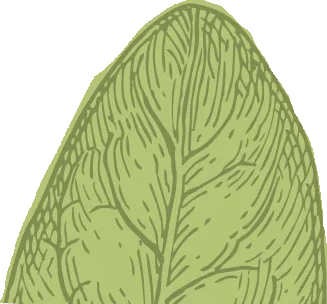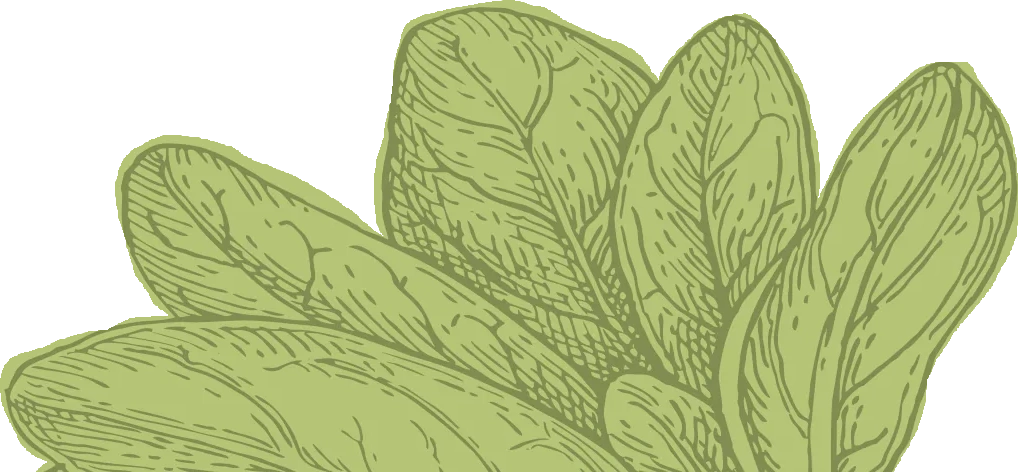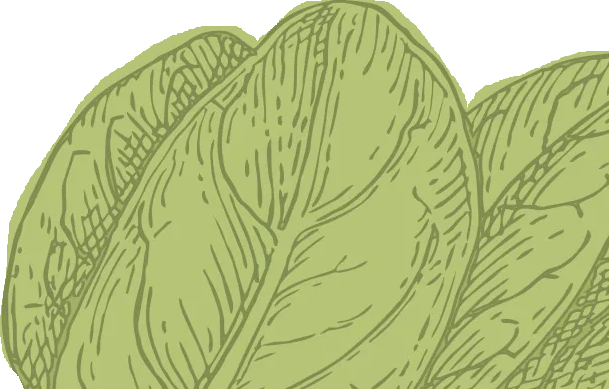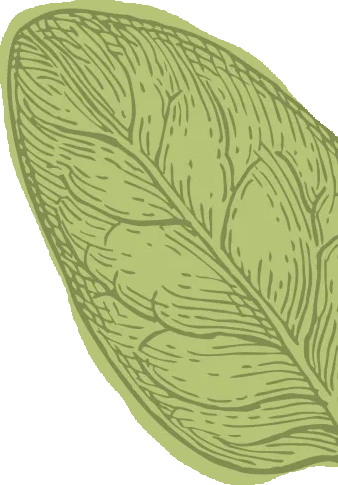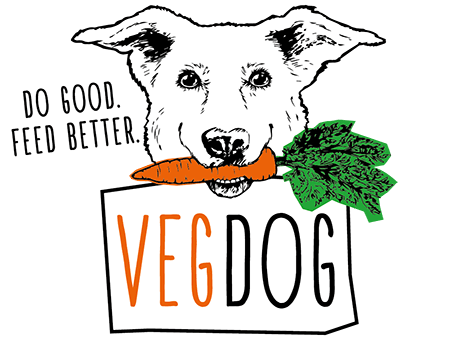
Vegan Dog Food: Studies on Healthy Knowledge
In this article you will learn the following:
- Where to find studies on the current scientific basis
- What you should pay attention to when switching to vegan food
- How to prevent deficiencies and which components must be present in the feed
- Which tests make sense for vegan dog nutrition
 Author: Carla Steffen
Author: Carla Steffen
 Proofreader: Veronika Hajek
Proofreader: Veronika Hajek
Updated: 01.10.2024
Published: 21.06.2024
I'm sure most of you are familiar with the usual prejudices: "Vegan dog food?!? That can't be healthy! There's no meat, no protein! What about the vitamins? That's unnatural! There must be deficiencies! That's unhealthy!"
The fact is that dogs don't need the meat itself, but the nutrients it contains. These can also be provided to dogs on a plant-based basis... you just have to know how! Not only do we say that, science says so too! In our blog article WHAT SCIENCE SAYS ABOUT VEGAN DOG NUTRITION we have put together a number of studies that provide information on the current state of knowledge about vegan dog nutrition.
We at VEGDOG are often confronted with these statements. That is reason enough to take a medical look at vegan dog nutrition for you. We would also like to make a recommendation as to which tests actually make sense for your vegan four-legged friends and how you can reassure yourself that they have a long and healthy vegan dog life ahead of them.
The change: The right feed to meet needs
First of all, the focus should always be on carefully examining the ration administered.
Do you feed ready-made food?
Is this declared as a complete feed?
Then the dog's need for all the important substances should actually be covered. Unfortunately, there are always black sheep among the feed manufacturers. Some of these feed manufacturers label their food as complete food, but do not add any essential additives.
For example, a vegan complete feed needs to contain carnitine and taurine, vitamin B12, copper, zinc and raw materials containing EPA and DHA. It has not yet been proven whether these are actually essential. However, we recommend not taking any risks and for this reason we add them to all of our feed.
Be careful with your own recipes
Things are different when the vegan meal for our furry friends is prepared by ourselves.
There are a number of things that can be done wrong without realizing it. The reason for this is a lack of knowledge about the nutritional needs of dogs. However, this has nothing to do with a vegan diet. After all, dogs don't need the meat itself, but rather its components. These can be provided just as well by various plant-based ingredients.
Anyone who decides to cook their own food or feed it raw can unknowingly fall into some traps.
Our beloved four-legged friends have a basic need for many different nutrients and minerals as well as trace elements and vitamins. This must be met and varies depending on age, physical condition and state of health. If there is an undersupply or oversupply, the dog's body compensates for this for a very long time, usually over many years. Changes in the blood count are usually not yet noticeable. The status quo in the blood is maintained at the expense of various organ systems.
If symptoms of malnutrition appear at some point, it is high time to rethink your feeding habits.
Signs of poor nutrition can be varied. A lack of copper, zinc and various vitamins can manifest itself in, for example, an unhealthy-looking coat and a reduced immune system.
Bone deformations or even fractures occur when the supply of calcium and phosphorus is inadequate. Too much iodine leads to an overactive thyroid gland and the dog loses weight. Too little iodine has the opposite effect.
We are reluctant to recommend having various expensive blood profiles drawn up to identify diet-related illnesses. These are often not informative and make it difficult to determine whether malnutrition is present. In our opinion, the money is better invested in a specialist (veterinarian with additional qualifications in "nutritional advice for small animals") who can prepare a balanced ration for your beloved four-legged friends that meets their needs or check your current feeding habits. This will give you the certainty that your dog is not suffering from any deficiencies and can live a long, healthy life. The blood count would be irrelevant in this case.
If you still want to have something checked, then it is best to opt for a full blood count. This will show not only the blood and inflammatory cells but also the organ parameters. If the thyroid values are elevated, you should pay attention and ask yourself how your dog's iodine supply is. The kidney values will tell you whether there could be too much stress due to an overdose of various substances. An above-average content of protein and/or phosphorus in the diet is particularly stressful here. And the liver, as the main metabolic organ in the dog's body, will sooner or later (sometimes unfortunately too late) reveal whether something is wrong. Here too, a high content of proteins (especially if they are difficult to digest) is counterproductive. A lot of vitamin A and copper are also harmful to the liver, as these are metabolized here.
Of course, this is often preceded by underlying illnesses, which can be significantly influenced (both positively and negatively) by the composition of the food. It is also possible to have the levels of calcium, phosphorus, zinc, copper, vitamin B12, etc. in the blood checked. As already mentioned, values in the reference range can disguise a poorly composed ration and only lead to problems after a longer period of time.
Here you will find the most common pitfalls you can fall into when cooking a vegan ration yourself:
- Transfer from humans to dogs: Dogs and humans have fundamentally different needs for most nutrients. This is why feeding human rations is unfortunately completely unsuitable for our four-legged friends.
- The much-discussed protein is a key issue in the vegan diet of our dogs. Not only does it cover the needs, but also the composition of the amino acid profile is crucial.
- The calcium-phosphorus ratio is ideally 1.3:1. Calculating this is not easy and should be left to a specialist. The level of calcium and phosphorus in the blood remains constant for a long time, even with poor nutrition. This then has a negative effect on bones and other organs from which the minerals are obtained.
- Copper and zinc are trace elements that are missing in most home-prepared rations. They are usually not present in the required quantities in natural feed and therefore usually have to be added. A deficiency becomes noticeable after a while in the form of a dull coat.
- Iodine is found in various algae. These contain the essential trace element in such large quantities that an oversupply often occurs, with negative effects on the thyroid gland.
- A deficiency in B vitamins is not uncommon. This is a shame, as you cannot overdose on them and excess B vitamins are simply excreted. The addition of these health boosters is therefore harmless.
- Each prepared ration should contain approximately 1g/kg of high-quality oil (linseed oil, safflower oil, borage oil, evening primrose oil, etc.), as this is the only oil that contains the essential fatty acids. As this contains a lot of calories, the other components of the ration must be reduced.
- Sick animals have different needs for different substances and must therefore always receive a ration tailored to their state of health!
- Puppies are much less forgiving of nutritional mistakes than adult dogs! They are in the main growth phase, have an increased need for protein and can develop irreparable bone deformities if they are deprived of calcium and phosphorus!!!
If you have any questions about your rations, please do not hesitate to ask them at tierarzt@vegdog.de.
Your VEGDOG team
Frequently Asked Questions (FAQ)
Is vegan dog food banned?
No, on the contrary, vegan dog food, vegan dog food can actually be very healthy for your furry friend. If you want to learn more about the benefits of vegan dog food, you can read this blog article, for example: VEGDOG shows success with food allergies .
What do veterinarians say about vegan dog food?
In our article Insights from a Veterinarian we show you the opinion of a veterinarian on vegan dog nutrition.
What do you have to pay particular attention to when feeding your dog a vegan diet?
The key to vegan dog nutrition is providing nutrition that meets your dog's needs. Therefore, it is best to use complete foods such as GREEN CRUNCH to avoid nutrient deficiencies.
